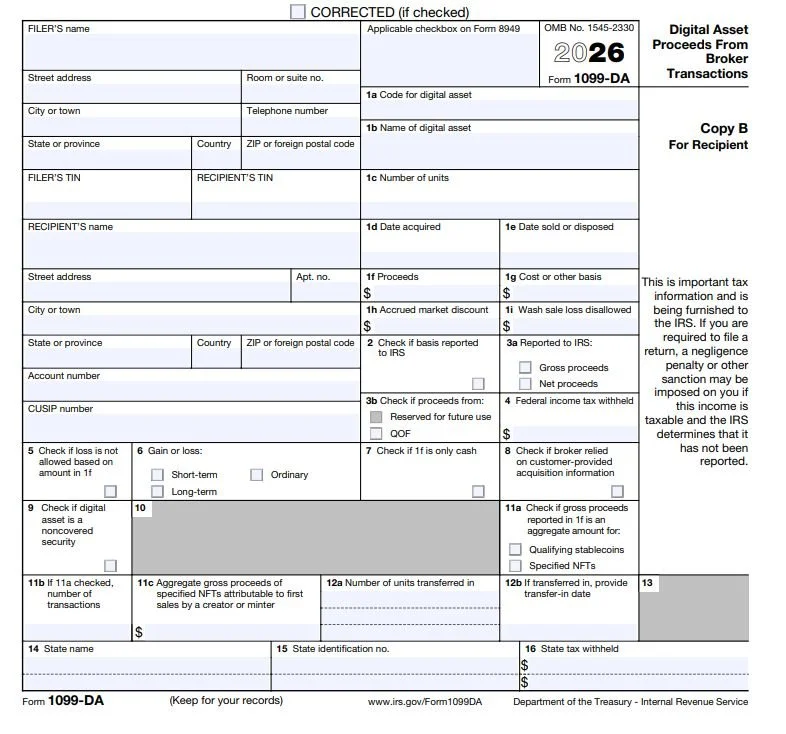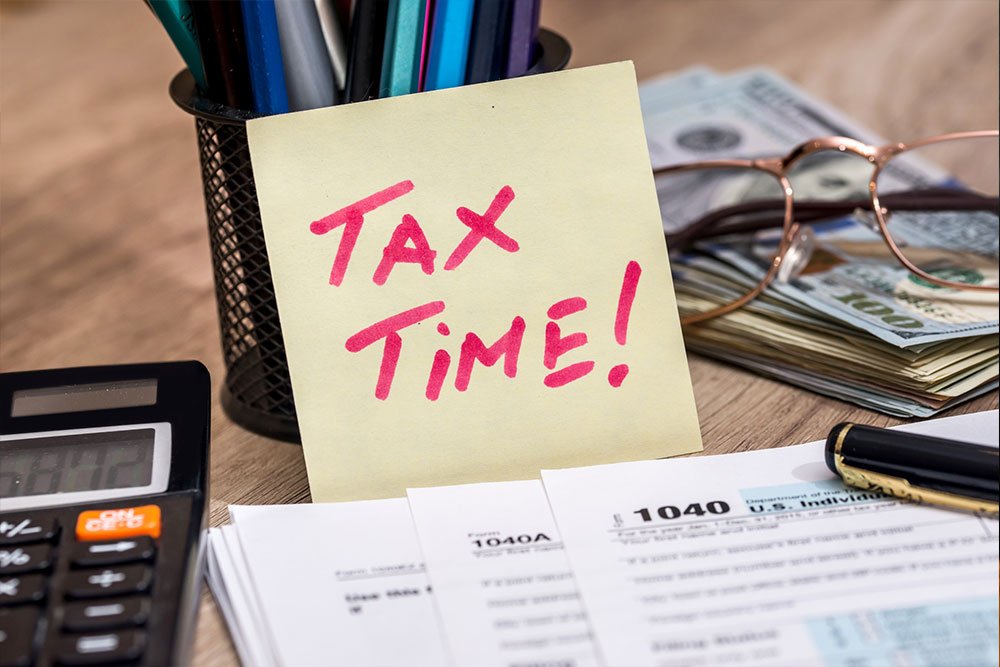At JCox CPAs & Advisors, P.C., we specialize in helping traders navigate the complexities of the tax code. Whether you're an investor, trader, or dealer, understanding the nuances of IRS rules and leveraging available tax strategies can make a significant impact on your bottom line. Here, we provide a detailed look at tax rules for traders and how to maximize opportunities using provisions from the Internal Revenue Code (IRC) and IRS Topic No. 429.
Understanding the IRS Classifications: Investor, Dealer, Trader
The IRS categorizes market participants into three groups : investors, dealers, and traders. These classifications determine the tax treatment of income, losses, and expenses.
1. Investors
Investors typically buy and hold securities for dividends, interest, or capital appreciation. By default, most individuals fall into this category.
Tax Rules:
Capital gains are taxed at short-term or long-term rates depending on holding periods.
Losses can offset gains and up to $3,000 of ordinary income annually (IRC §1211(b)).
The wash sale rule (§1091) may disallow certain losses if identical securities are repurchased within 30 days.
Expenses like commissions and acquisition costs are not deductible but must adjust the cost basis.
Reporting: Use Schedule D (Form 1040) and Form 8949 for capital gains and losses.
2. Dealers in Securities
Dealers engage in marketing securities to customers in the ordinary course of business and may maintain an inventory.
Key Features:
Dealers report income using mark-to-market accounting as required under IRC §475(c)(1).
Securities held for personal gain must be clearly distinguished from business securities.
Reporting: Dealers must adhere to stricter record-keeping and inventory reporting standards.
3. Traders in Securities
Traders buy and sell securities for their own account with the intent to profit from market fluctuations. Unlike dealers, they do not have customers or maintain an inventory.
Eligibility for Trader Tax Status (TTS):
Substantial Activity: Frequent, consistent trades.
Short Holding Periods: Primarily daily market fluctuations, not long-term gains.
Continuity and Regularity: Dedication of significant time and effort to trading.
Documentation: Detailed records of trades and intent.
Tax Benefits:
Ordinary business expense deductions on Schedule C (Form 1040) or a business tax return for entities.
Exemption from self-employment tax on trading gains.
Limitations: Gains and losses from trading do not qualify as self-employment income.
Exploring the Mark-to-Market (MTM) Election
The MTM election, under IRC §475(f), provides an alternate accounting method for traders who qualify for TTS. It offers significant tax advantages but requires careful planning and adherence to IRS rules.
Key Advantages:
Ordinary Income Treatment: Gains and losses are treated as ordinary, bypassing capital loss limitations and wash sale rules (§475(d)(1)).
Expanded Loss Deductions: Losses can offset any type of income without a $3,000 limit.
Streamlined Reporting: Gains and losses are reported on Part II of Form 4797, Sales of Business Property.
MTM Election Process:
File a written statement electing MTM by the original due date (excluding extensions) of the prior year's return.
Include details like the effective tax year and applicable trade or business.
If approved, submit Form 3115 to change your accounting method per Revenue Procedure 2024-23.
Revoking the Election:
Requires filing a notification and a new Form 3115.
Strict deadlines apply, and revocations within five years face additional scrutiny (Revenue Procedure 2015-13).
Practical Guidelines for Traders
Qualifying for TTS:
To demonstrate eligibility for TTS, consider these factors:
Frequency and dollar volume of trades.
Typical holding periods (primarily short-term).
Time and effort devoted to trading activities.
Intent to generate income through trading, not dividends or long-term appreciation.
Record-Keeping Essentials:
Maintain separate accounts for trading and investment securities.
Keep detailed trade logs and records of expenses to substantiate deductions and elections.
Effective Tax Planning:
Assess Trading Activity: Evaluate whether your volume and patterns meet TTS thresholds.
Consult Early for Elections: Seek professional advice to make timely MTM elections.
Optimize Entity Structures: Consider whether forming an S-Corp or LLC could further reduce taxes.
Leverage Expert Guidance: Partner with CPAs experienced in IRC §§475, 1091, and related regulations.
Why Choose JCox CPAs & Advisors, P.C.?
Our expertise in trader-specific tax rules ensures you make the most of IRS provisions while avoiding common pitfalls. Whether you're navigating TTS qualifications, implementing an MTM election, or planning for year-end tax efficiency, our tailored approach positions you for long-term success.
Contact JCox CPAs & Advisors, P.C., today to schedule a consultation and take control of your tax strategy!







